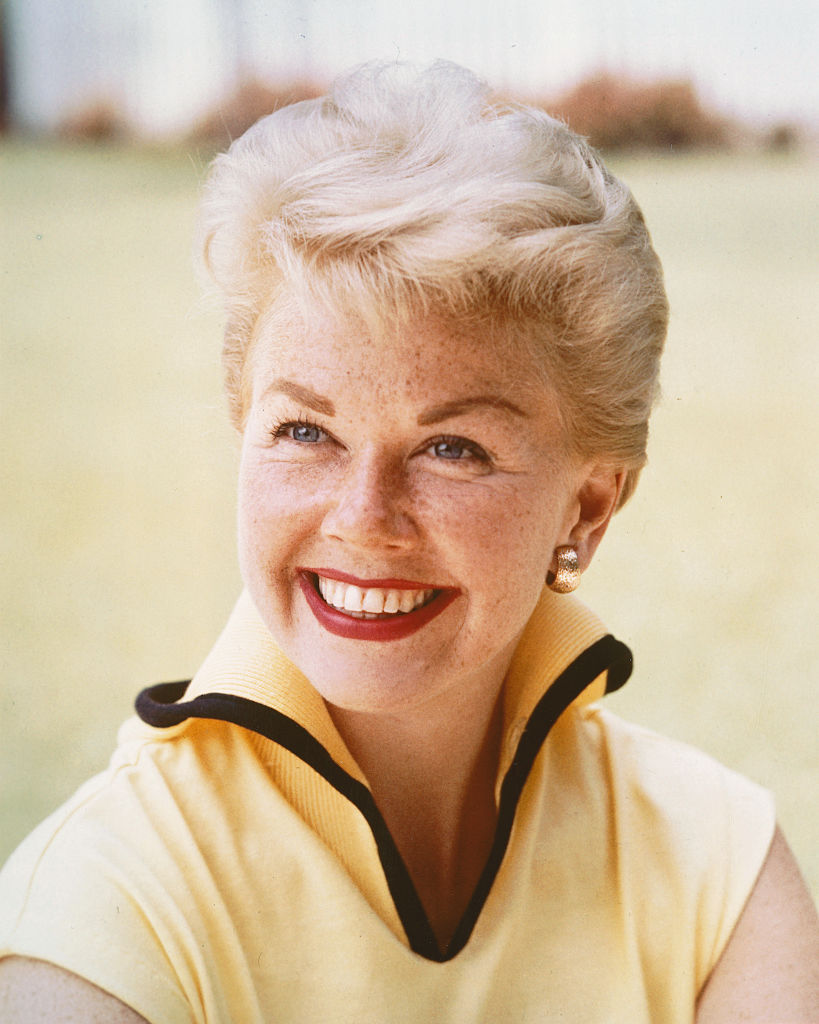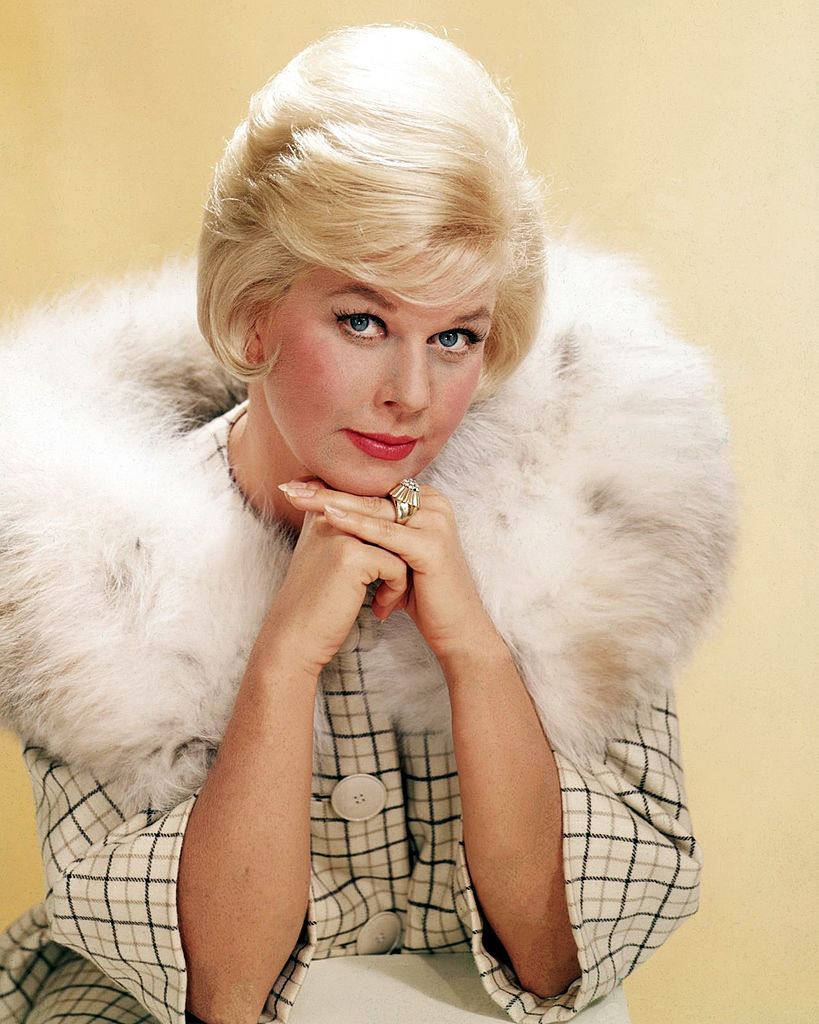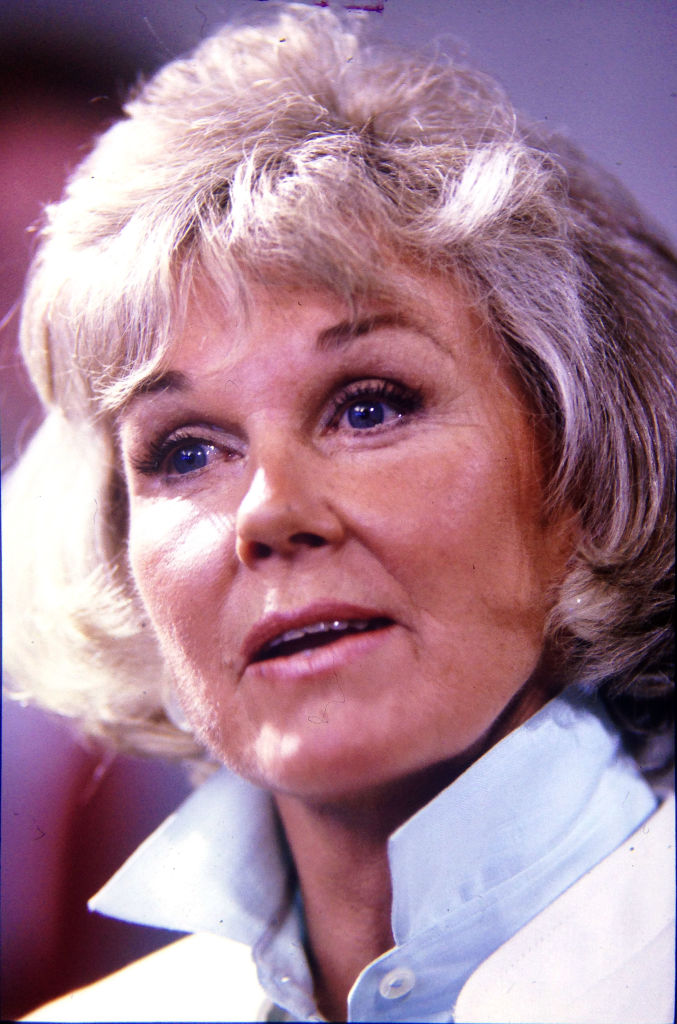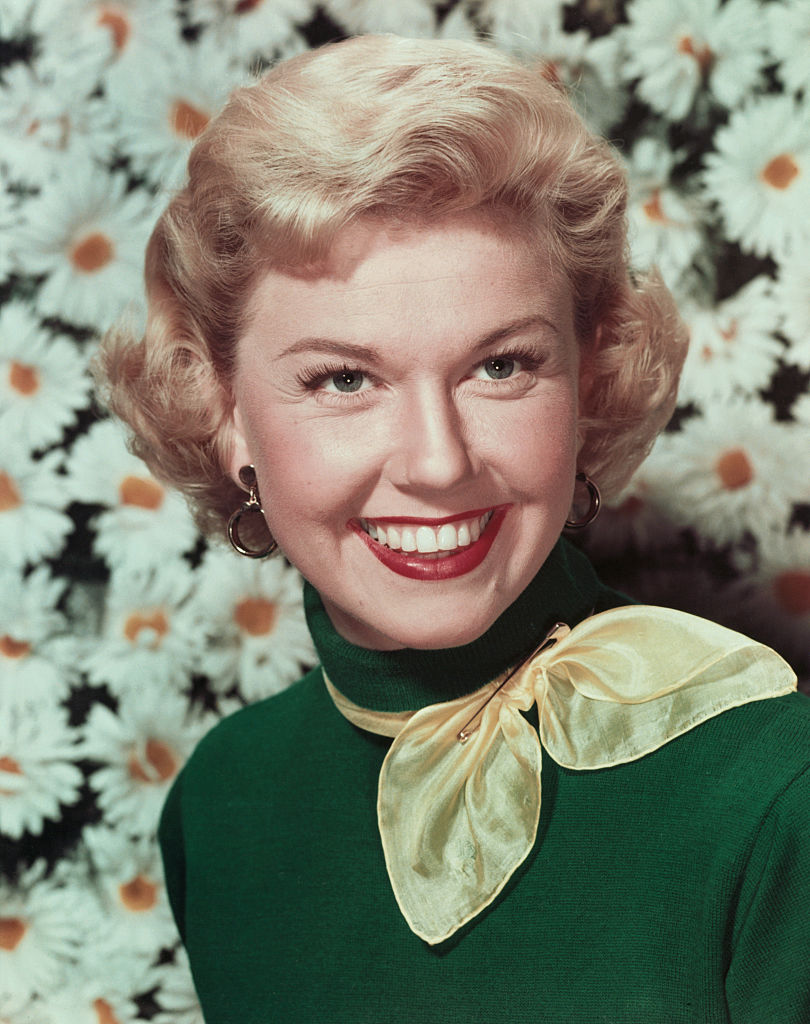Doris Day, a beloved and highly respected actress, singer, and animal rights advocate, enjoyed a remarkable 50-year career in the entertainment industry. Known for her charming performances, Doris earned her fame by starring in a series of successful films such as Pillow Talk, Love Me or Leave Me, and The Man Who Knew Too Much. Throughout her illustrious career, Doris Day was admired not only for her on-screen talent but also for her kindness and generosity.
Day, who lived to the age of 97, had a complex personal life, having been married four times. Despite her multiple marriages, she only had one child, her son Terry Melcher, whom she shared with her first husband, Al Jorden. Sadly, Terry passed away in 2004 after battling melanoma. Doris’s love for her son was evident, and his death was a heartbreaking chapter in her later years.

Beyond her acting career, Doris Day was also a dedicated animal rights activist. Her passion for animals led her to become a prominent figure in the fight for their welfare. Doris used her fame to give a voice to animals who could not advocate for themselves. Her deep compassion and determination to protect animals were evident in her lifelong commitment to this cause. This led to the establishment of the Doris Day Animal Foundation, which continues to honor her legacy by supporting animal welfare initiatives.
In addition to her film career and animal advocacy, Doris Day was a Grammy-winning singer. Her iconic songs, such as Sentimental Journey, Secret Love, and Que Sera, Sera, became timeless classics. These songs were eventually inducted into the Grammy Hall of Fame, cementing her status as a musical legend. Doris’s ability to touch hearts with her voice was a gift she never took for granted, often crediting her talent as being “God-given.”

Doris Day passed away in 2019 at her home in Carmel Valley, California. She died after contracting pneumonia, and her passing was announced by her foundation. In accordance with her wishes, no public funeral, memorial service, or grave marker was held. Instead, her body was cremated, and her ashes were scattered. Day’s decision to forgo any public remembrance of her death stemmed from her discomfort with the concept of death and her struggle with the idea of funerals.
Her longtime friend and manager, Bob Bashara, shared that Doris found it difficult to face discussions about death, especially when it came to her animals. According to Bashara, she couldn’t bear the thought of her pets dying and often avoided conversations about making arrangements for them after her passing. Doris’s reluctance to confront mortality likely influenced her wish to have her ashes scattered without any formal ceremony.
This avoidance of death wasn’t new for Doris. She had been uncomfortable with the concept for much of her life, which was especially evident when it came to her beloved pets. Bashara shared that even when planning for her dogs’ care after her death, Doris would quickly change the subject, insisting that someone else take care of them.
Her love for animals led her to become an avid campaigner for animal rights starting in the early 1970s. Doris strongly denounced the wearing of fur and established the Doris Day Animal Foundation, which raised millions of dollars for animal welfare causes. In 2020, a year after her death, over 1,000 of her possessions were auctioned off, raising $3 million for the foundation’s efforts. One of her most notable contributions was the establishment of a Horse Rescue and Adoption Center in Texas, which continues to support abused and neglected horses.

Day’s spirituality was another significant part of her life. Raised Catholic, she later became a practicing Christian Scientist after her marriage to producer Martin Melcher, her third husband. Her only son, Terry, was born during her first marriage to trombonist Al Jorden, and later took on the name Terrence Paul Melcher after being adopted by Martin. Despite drifting away from organized religion after Melcher’s death in 1968, Doris maintained a strong belief in God. She often remarked that her singing talent was a gift from God, saying that she simply “used” the voice she had been blessed with.
After retiring from acting in the early 1970s, Doris returned to the public eye briefly, hosting her own television talk show, Doris Day’s Best Friends, in 1985. The show, which aired on the Christian Broadcasting Network, allowed Doris to showcase her love for animals while interviewing other celebrities. The show only ran for one year, but it left a lasting impact on her fans and those who shared her passion for animal welfare.
Although Doris Day preferred to live a relatively private life in her later years, she knew she was loved by her fans. According to Bashara, however, she never quite understood why she was so adored by the public. Despite being a Hollywood icon, she remained humble, never allowing her celebrity status to affect her genuine nature. She always saw herself as “the little girl from Cincinnati” who was lucky enough to do what she loved.

Upon her passing, Doris’s estate was donated to charity, continuing her legacy of generosity and compassion. She may have left this world without a grand public farewell, but her influence endures through her work in film, music, and animal rights.





